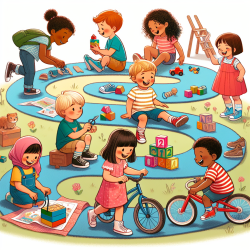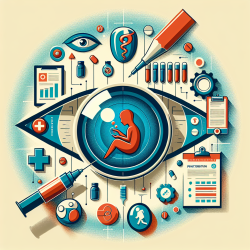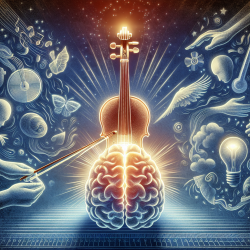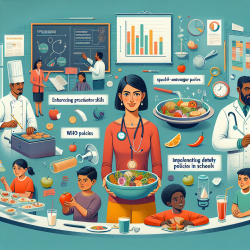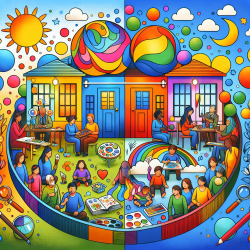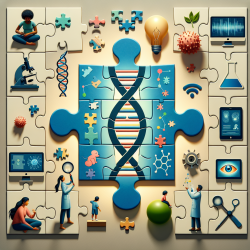Childhood is a time of rapid growth and development. Each stage brings new skills and abilities that lay the foundation for future learning and success. Understanding these developmental milestones can help parents, educators, and caregivers support children as they grow.
Newborn to Six Months: Early Beginnings
In the first six months of life, infants undergo significant changes. They begin by sucking well and gazing at black-and-white objects. By one month, they can discriminate their mother's voice and make throaty noises. As they grow, they start to lift their chin while lying on their stomach and turn their head while lying on their back.
- Motor Skills: Infants progress from lifting their chest while on their stomach at three months to propping themselves up on forearms by four months.
- Fine Motor Skills: They start with hands fisted near the face and gradually learn to reach for objects and hold onto rattles.
- Social and Emotional Development: Smiling in response to adult voices and forming attachments to caregivers are key milestones.
- Language Development: From cooing and vocalizing when talked to, infants begin forming vowel-like noises.
One Year: Exploring the World
The first birthday marks a significant transition as infants become toddlers. At this age, they begin to walk and talk, which opens up new opportunities for exploration and learning.
- Motor Skills: Many children can stand well with legs apart and arms out or overhead. They often walk with support from a caregiver's hand.
- Fine Motor Skills: Children develop a mature pincer grasp, allowing them to finger-feed themselves and cooperate with dressing by removing hats and socks.
- Cognitive Skills: Toddlers look for hidden toys and understand simple commands like "no."
- Language Development: The use of words begins, with proto-imperative pointing being used to indicate desired objects.
Toddler Years: Independence and Growth
Toddlers between one and three years old experience significant growth in independence and skill acquisition. They learn to run, climb stairs with assistance, and kick balls.
- Motor Skills: By two years old, children kick balls, throw overhand, and begin jumping.
- Cognitive Skills: They can imitate circles with crayons and are learning to take off clothes independently.
- Social Skills: Parallel play emerges as toddlers play side-by-side without significant interaction.
- Language Development: Vocabulary expands rapidly from 50 to over 200 words by age two.
Preschool Years: Creativity and Socialization
The preschool years are characterized by imaginative play, socialization, and developing creativity. By age four, children gain greater balance and coordination.
- Motor Skills: Four-year-olds can hop on one foot several times in a row and gallop forward.
- Cognitive Skills: They recognize colors, numbers, letters, and can count by rote to four or more.
- Social Skills: Group play becomes more common as children develop preferences for certain friends.
- Language Development: Vocabulary increases significantly with the ability to form sentences using complex grammar structures.
The School Years: Refinement of Skills
The school years focus on refining skills acquired in earlier stages. Children learn to read fluently around third grade as they transition from learning to read to reading to learn.
- Cognitive Skills: Problem-solving abilities improve as children learn basic arithmetic operations like addition and subtraction.
- Social Skills: Children form friendships based on shared interests while distinguishing fantasy from reality during playtime activities.
- Language Development: Vocabulary grows exponentially as students engage in storytelling activities both verbally or through writing assignments at school settings.
The journey through childhood development is filled with exciting milestones that shape who we become later in life! For more information about developmental milestones across different ages visit this link.
